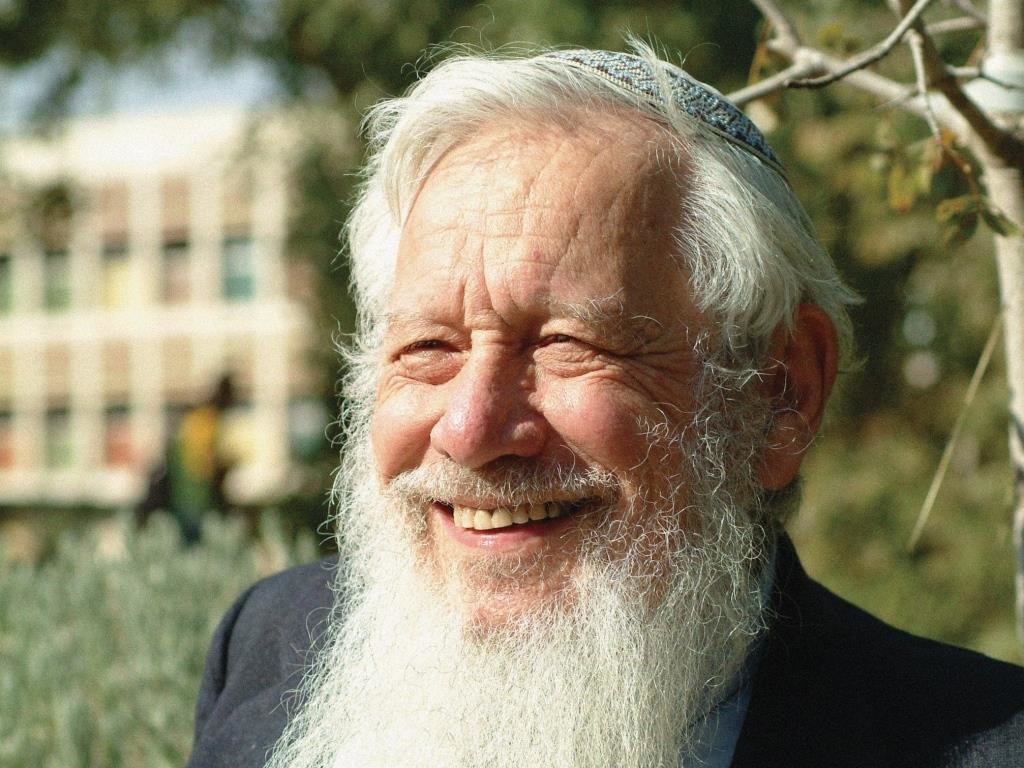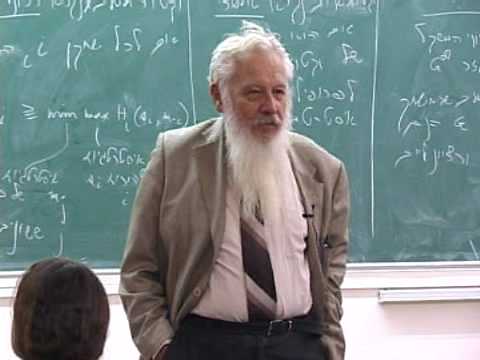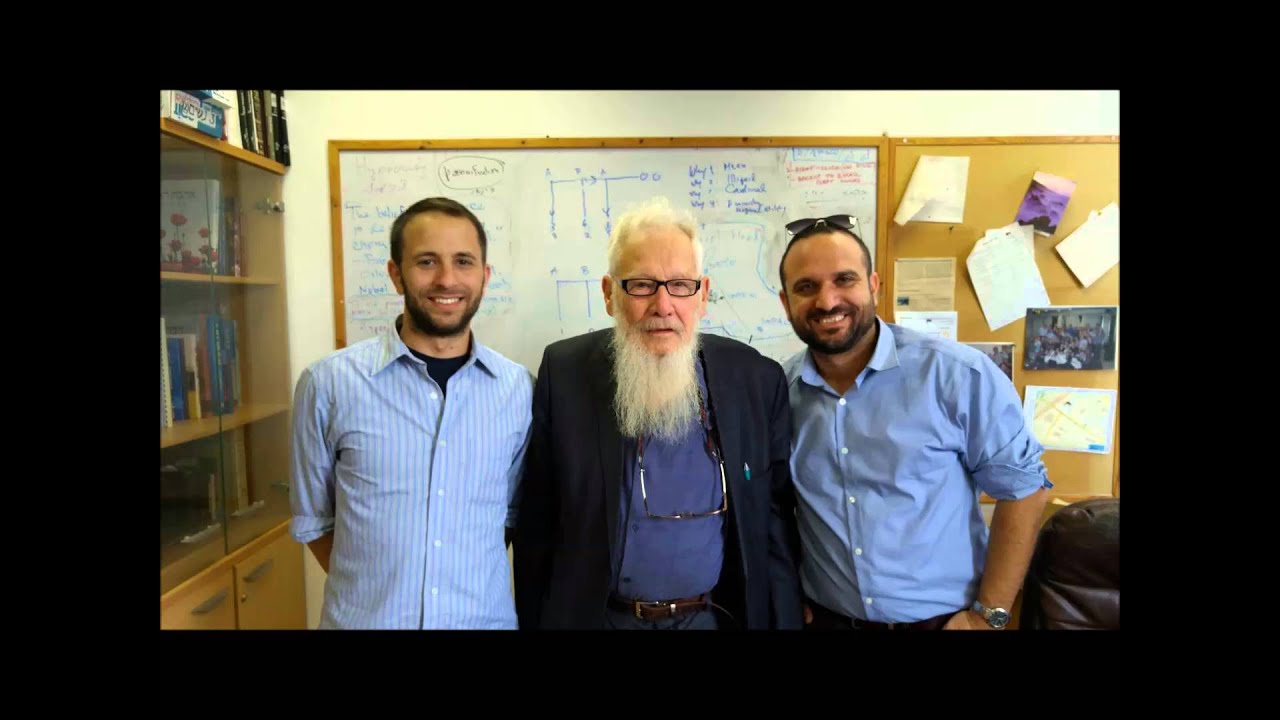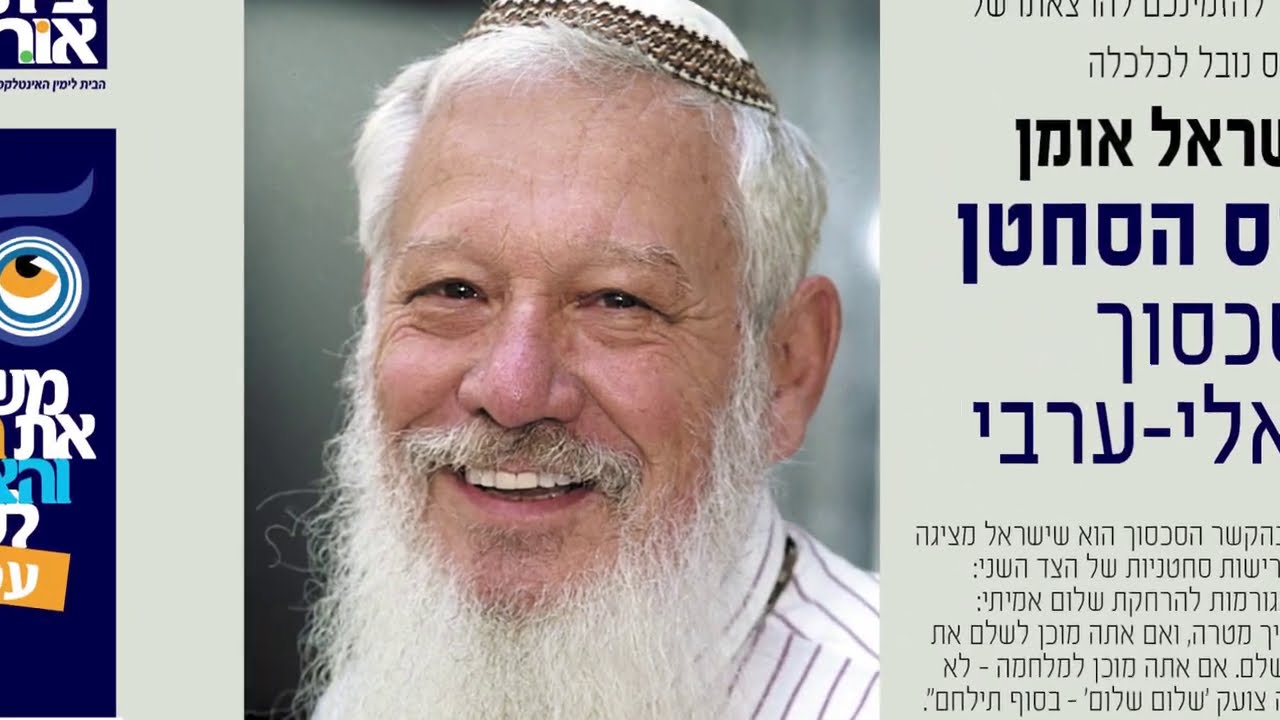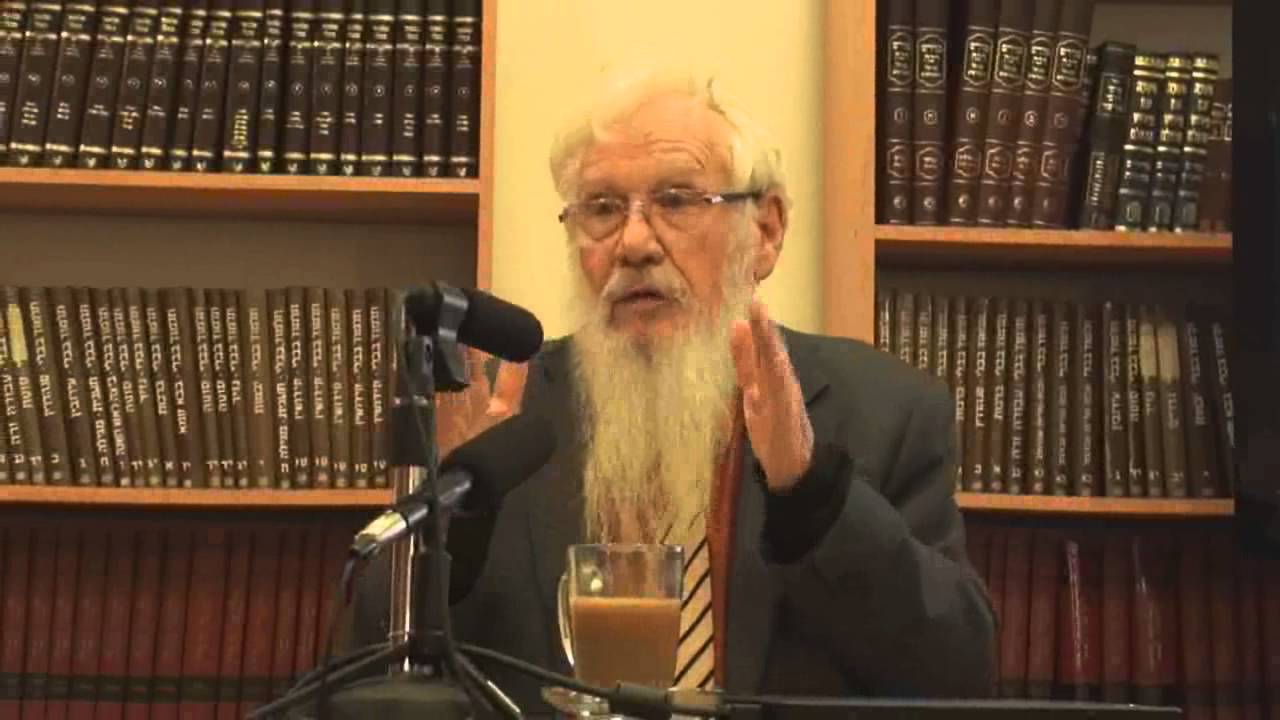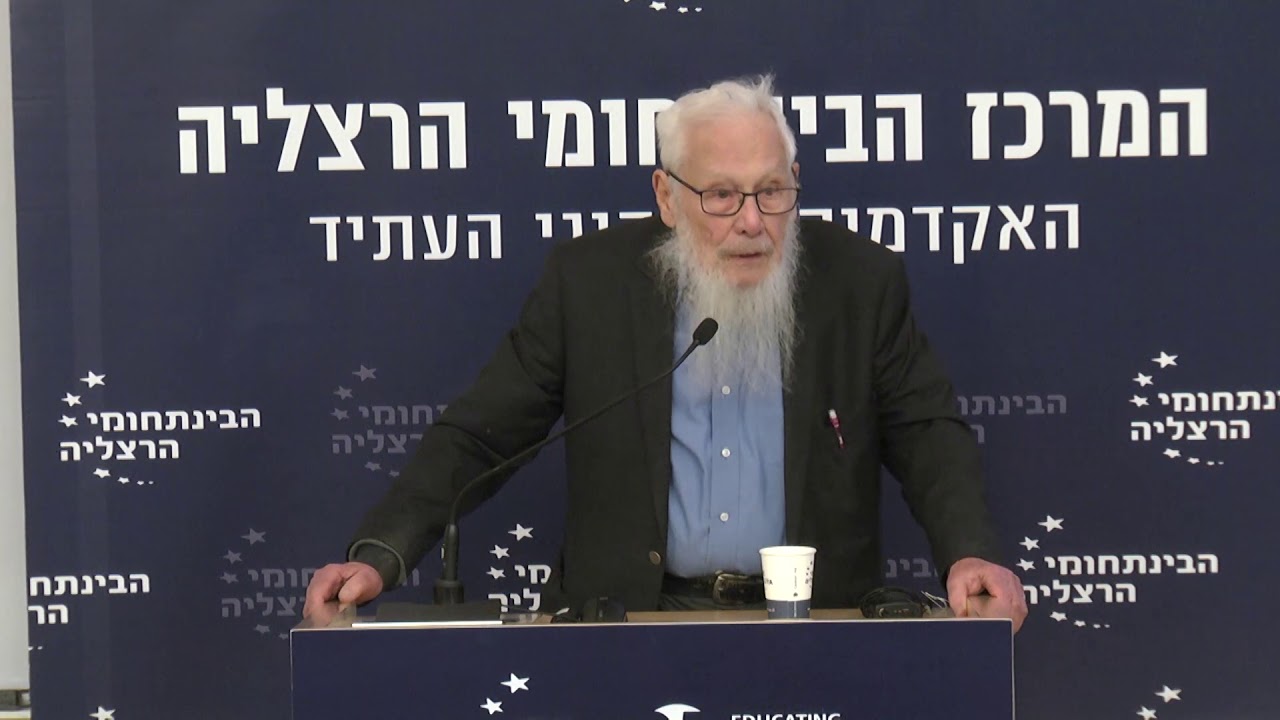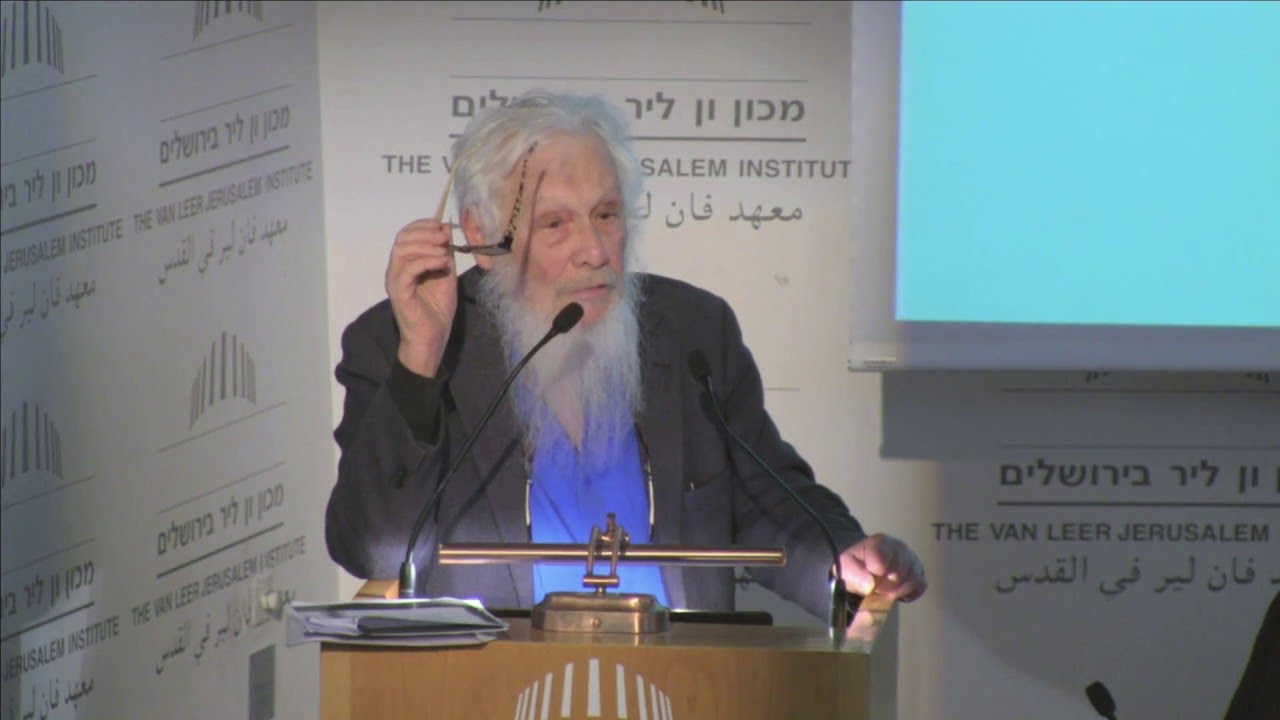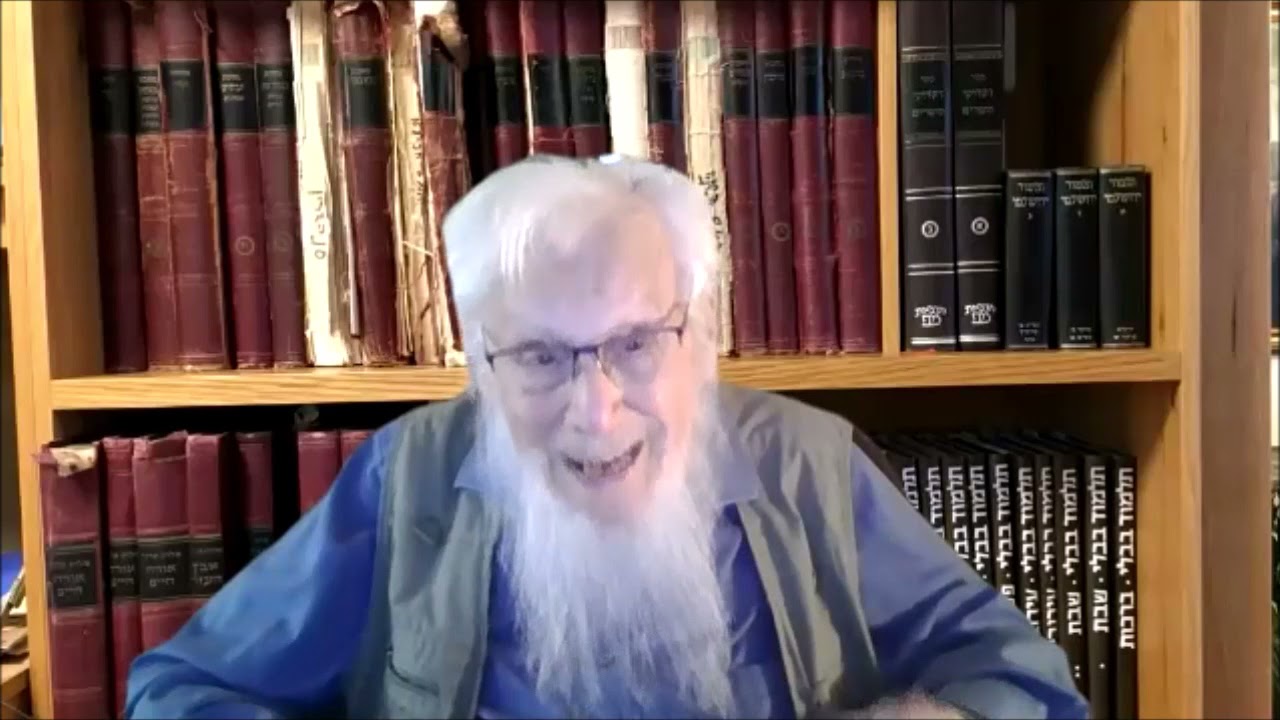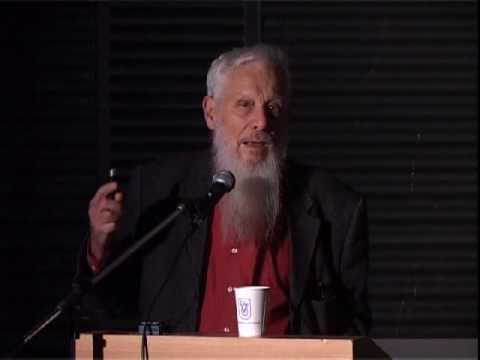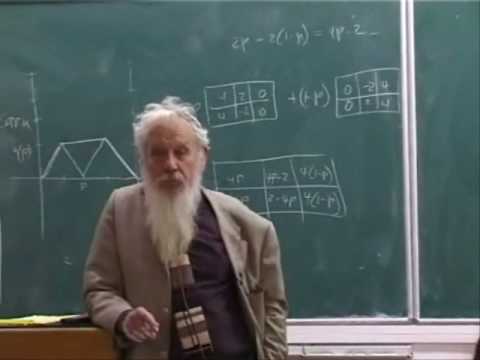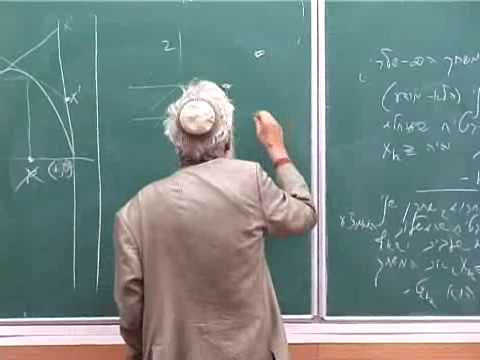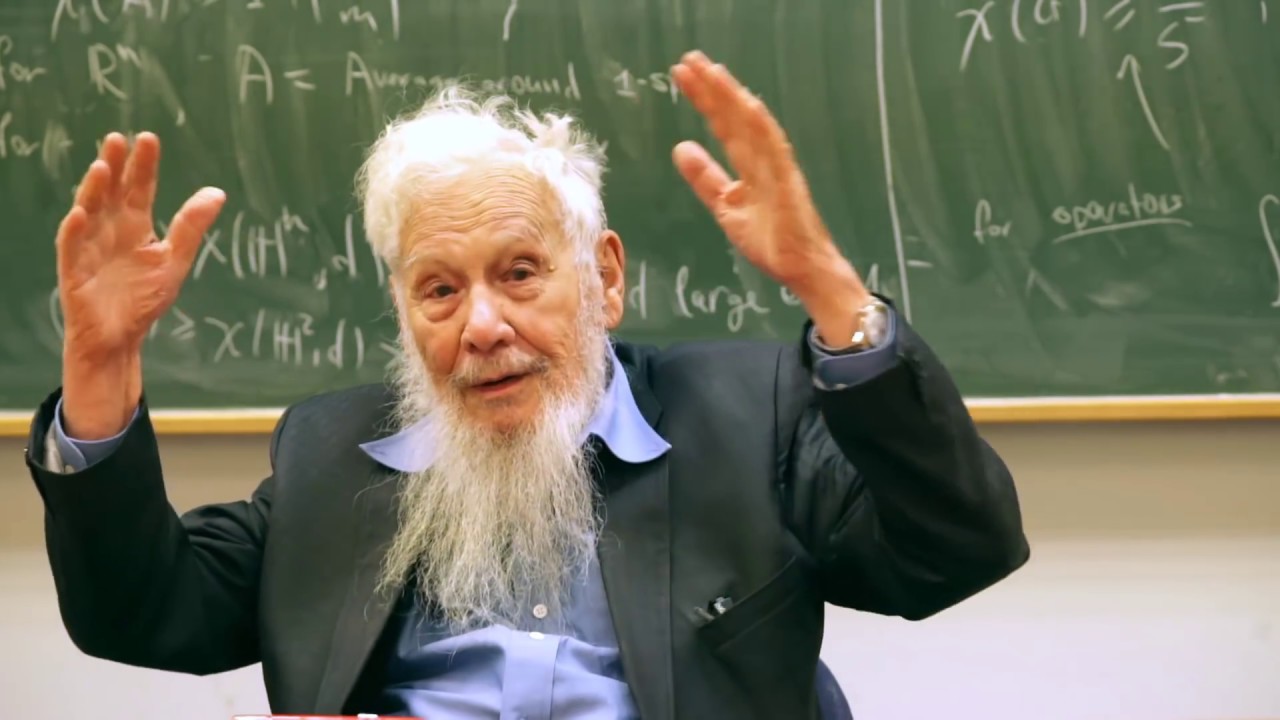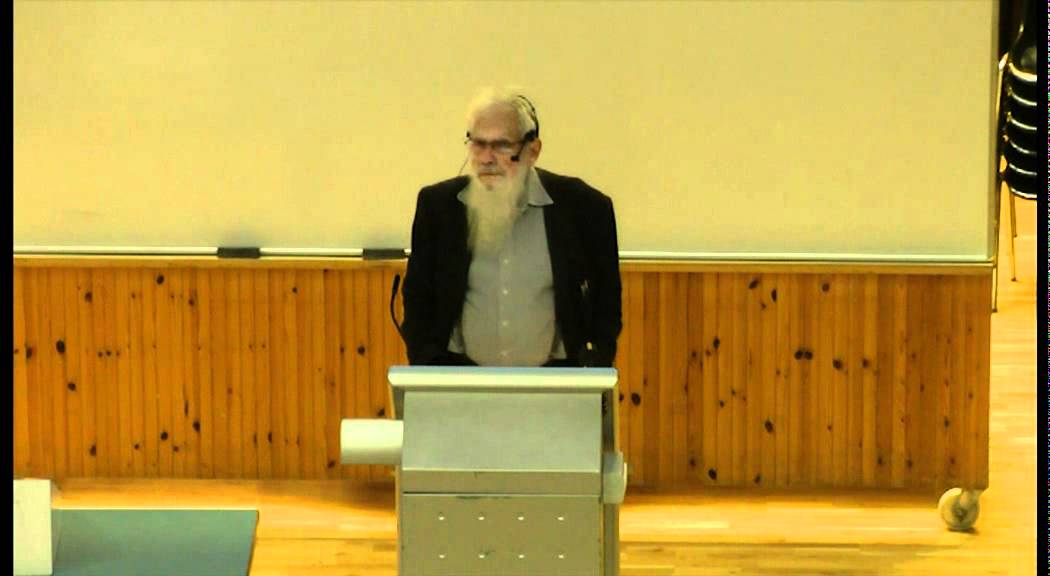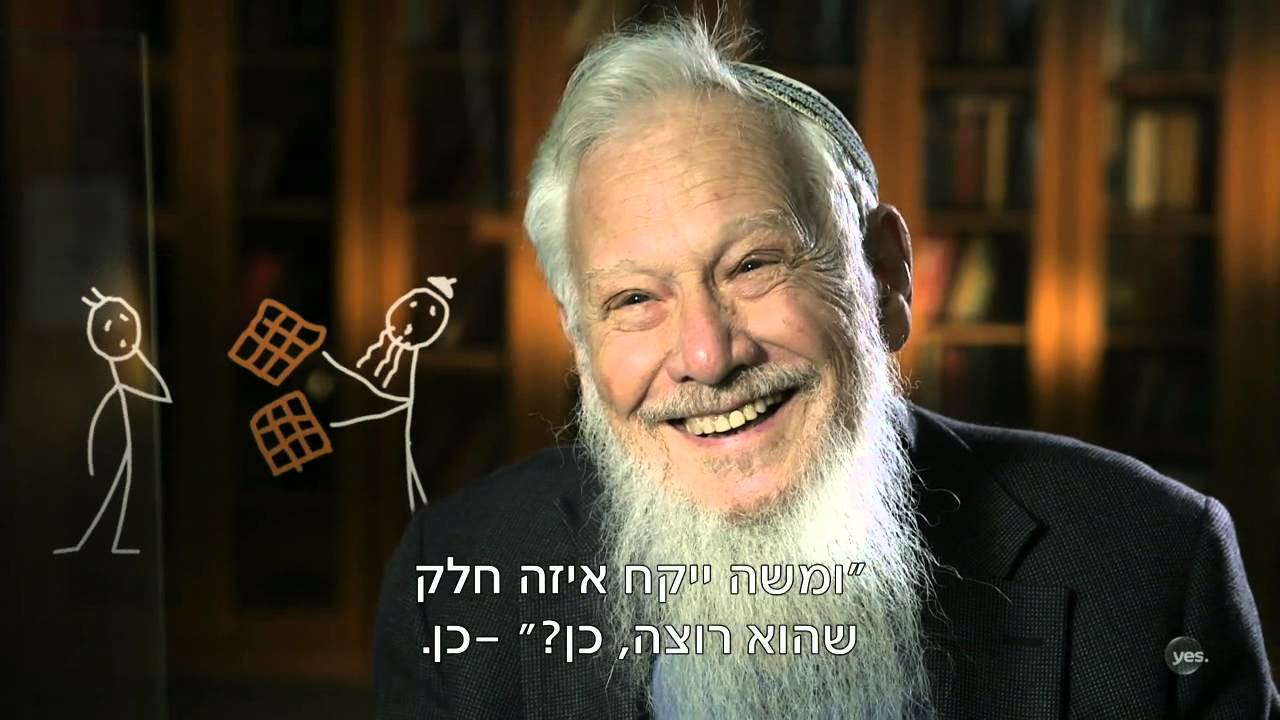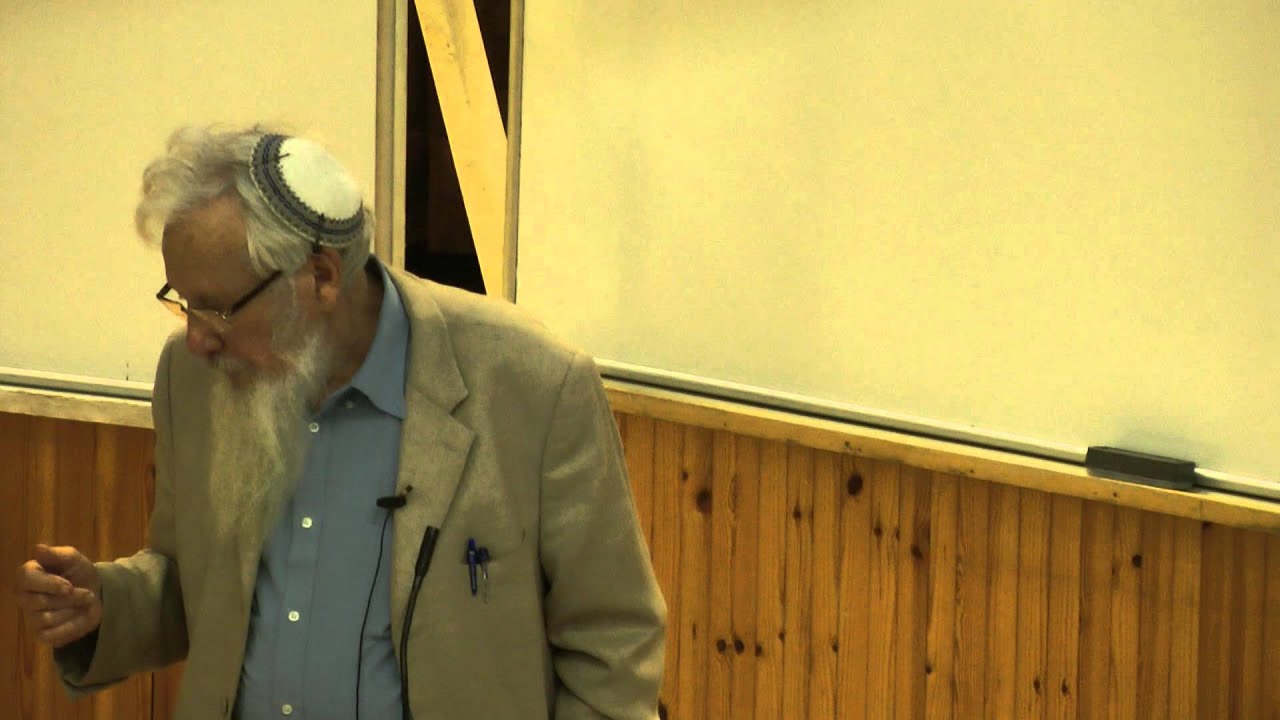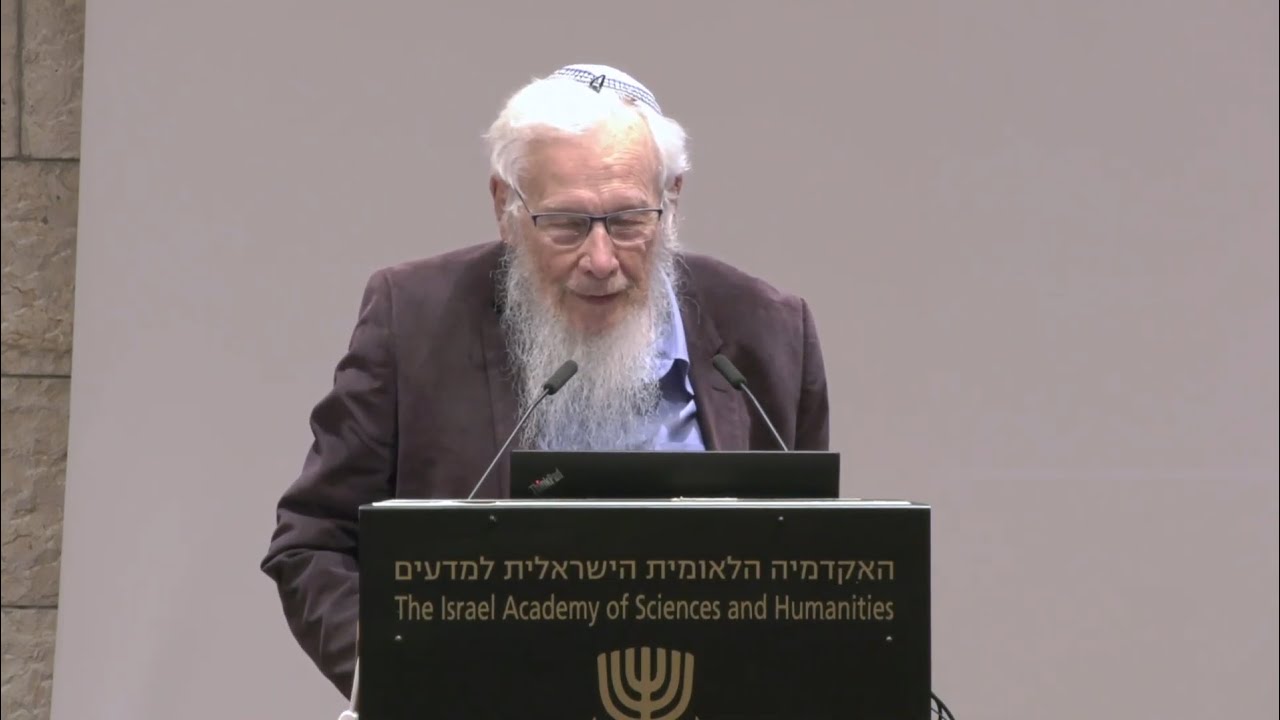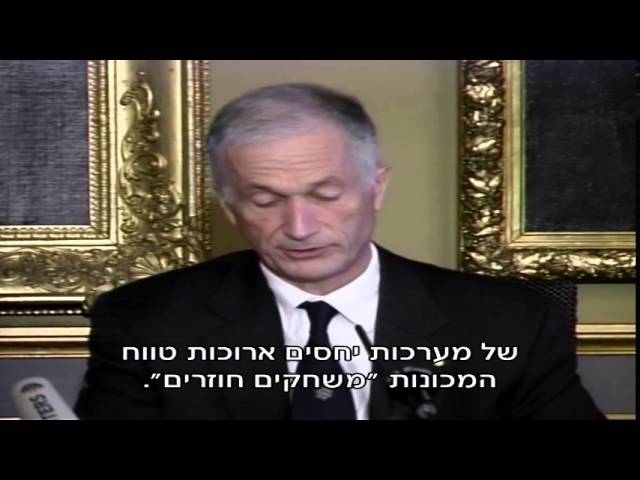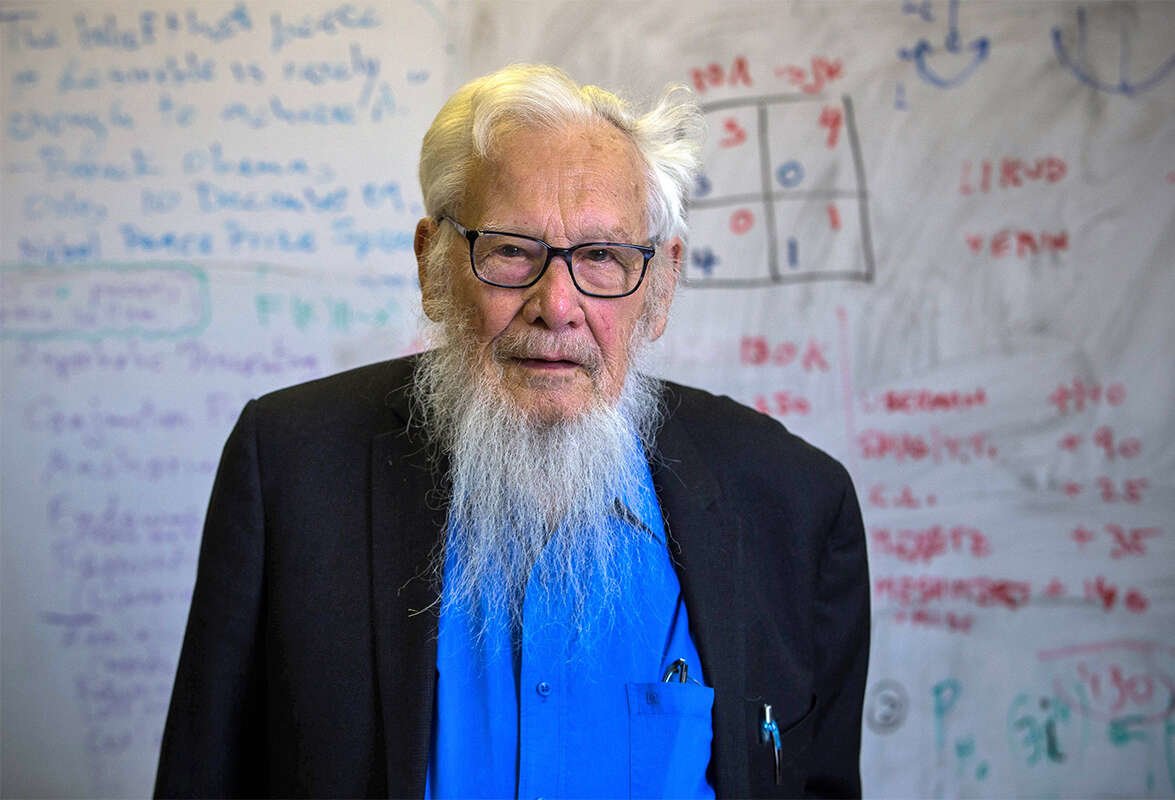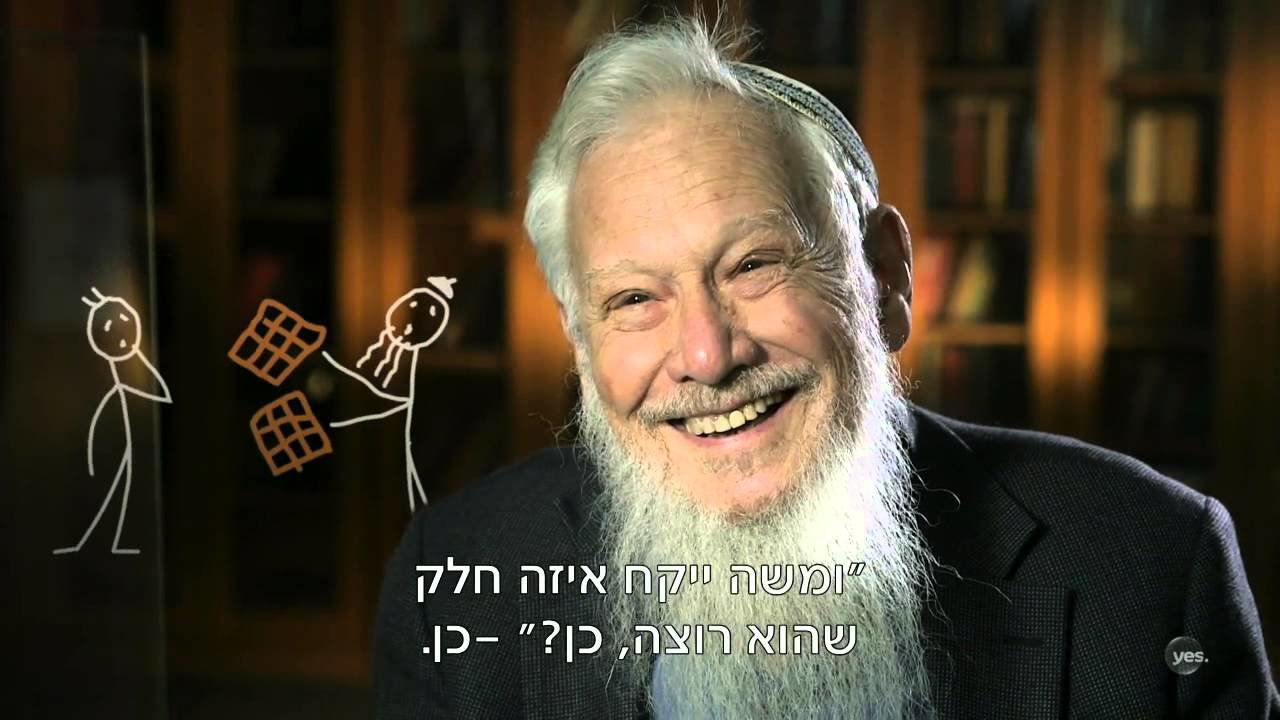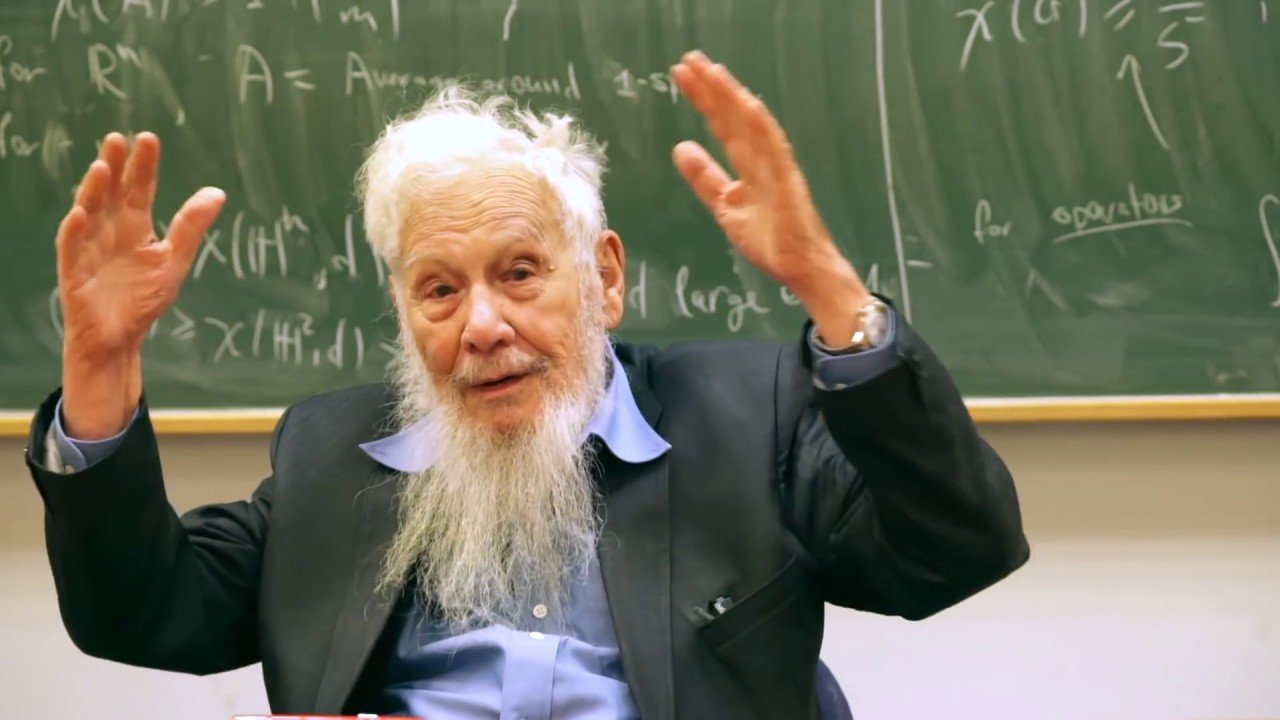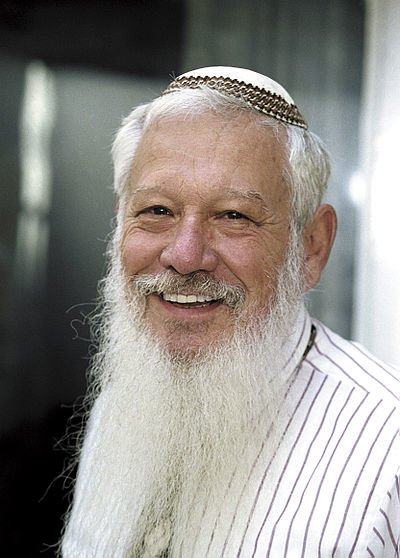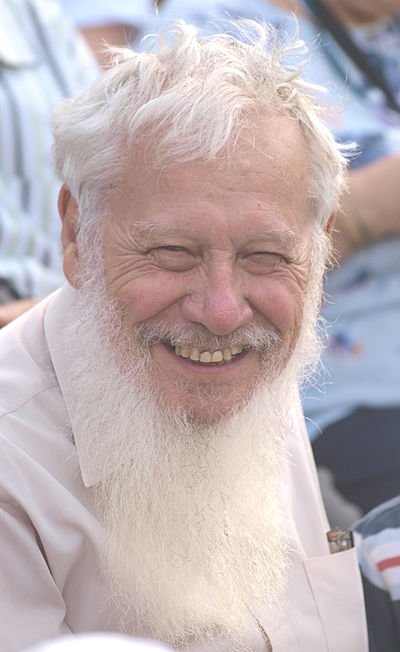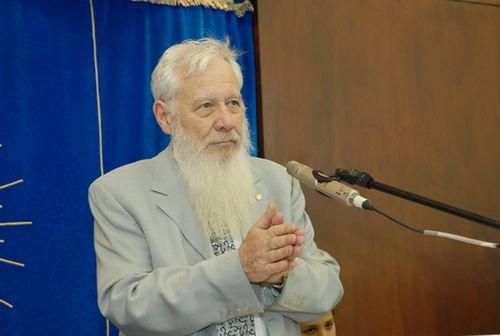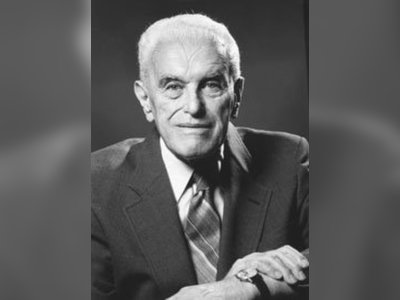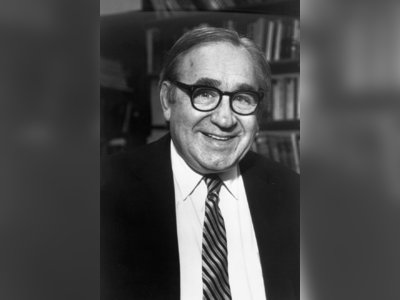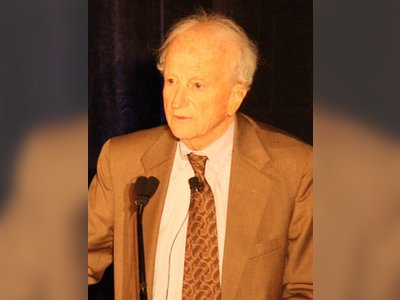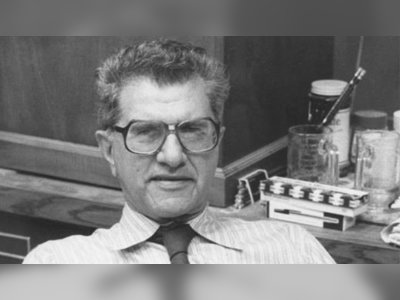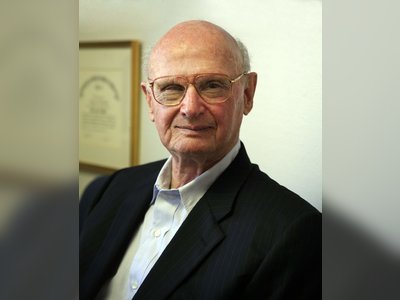מורשת גדולי האומה
בזכותם קיים
beta
Israel Aumann: Bridging Worlds and Enriching Jewish Heritage
Welcome to the extraordinary life and legacy of Israel Aumann, a brilliant scholar whose work not only advanced our understanding of mathematics but also contributed significantly to Jewish heritage and community.
Israel Aumann was born in Frankfurt, Germany, in 1930, into a Jewish family deeply rooted in tradition and culture. His upbringing instilled in him a strong connection to his Jewish heritage.
As a young boy, Israel and his family faced the rise of Nazism, leading them to emigrate to the United States. Throughout these challenging times, Israel's commitment to his Jewish identity remained steadfast.
Israel Aumann's academic journey took him to the Massachusetts Institute of Technology (MIT) and Princeton University, where he excelled in the field of mathematics.
His groundbreaking contributions to game theory and economics, particularly in the areas of repeated games and the Aumann-Shapley pricing mechanism, earned him international recognition.
In 2005, Israel Aumann was awarded the Nobel Prize in Economic Sciences for his remarkable work in the field of economics. His innovative research forever changed our understanding of decision-making and cooperation.
Aumann's dedication to academic excellence continues to inspire mathematicians and economists worldwide.
While pursuing his academic career, Israel Aumann remained deeply committed to the Jewish community. He used his influence and resources to support numerous initiatives.
His philanthropic efforts have contributed to the advancement of Jewish education, Holocaust remembrance, and the promotion of Jewish culture and heritage.
Israel Aumann's biography, heritage, legacy, and contributions serve as a shining example of the intersection of academic excellence and devotion to one's roots. His work in mathematics and his dedication to Jewish heritage continue to shape the world.
As we reflect on the life and achievements of Israel Aumann, we are reminded that his brilliance transcended academic boundaries, leaving an indelible mark on both mathematics and Jewish heritage.
As a young boy, Israel and his family faced the rise of Nazism, leading them to emigrate to the United States. Throughout these challenging times, Israel's commitment to his Jewish identity remained steadfast.
Israel Aumann's academic journey took him to the Massachusetts Institute of Technology (MIT) and Princeton University, where he excelled in the field of mathematics.
His groundbreaking contributions to game theory and economics, particularly in the areas of repeated games and the Aumann-Shapley pricing mechanism, earned him international recognition.
In 2005, Israel Aumann was awarded the Nobel Prize in Economic Sciences for his remarkable work in the field of economics. His innovative research forever changed our understanding of decision-making and cooperation.
Aumann's dedication to academic excellence continues to inspire mathematicians and economists worldwide.
While pursuing his academic career, Israel Aumann remained deeply committed to the Jewish community. He used his influence and resources to support numerous initiatives.
His philanthropic efforts have contributed to the advancement of Jewish education, Holocaust remembrance, and the promotion of Jewish culture and heritage.
Israel Aumann's biography, heritage, legacy, and contributions serve as a shining example of the intersection of academic excellence and devotion to one's roots. His work in mathematics and his dedication to Jewish heritage continue to shape the world.
As we reflect on the life and achievements of Israel Aumann, we are reminded that his brilliance transcended academic boundaries, leaving an indelible mark on both mathematics and Jewish heritage.
- ישראל אומןhe.wikipedia.org
